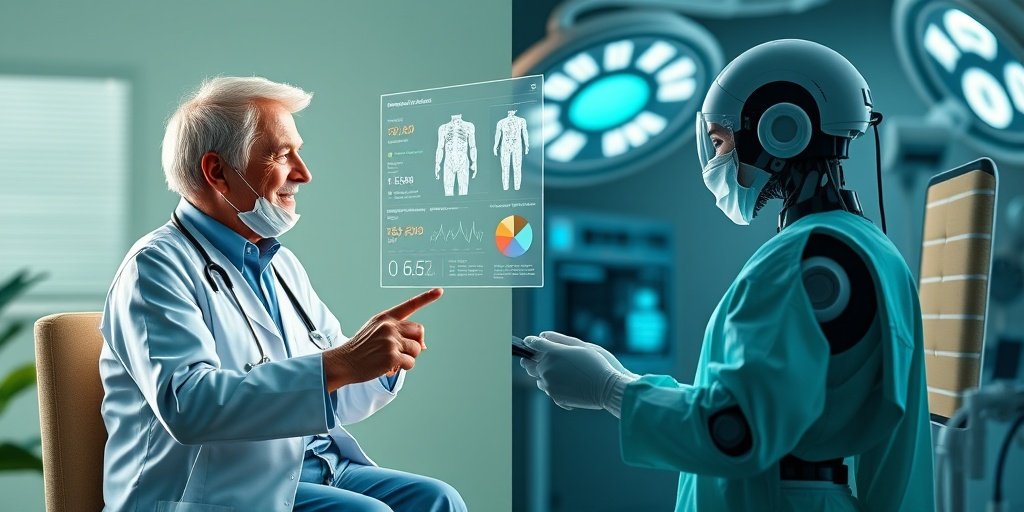AI Innovations in Healthcare
According to technology expert Daniele Caligiore, the integration of AI in healthcare is set to bring significant advancements, particularly in the treatment of conditions like Alzheimer’s and diabetes. However, it is crucial that these innovations remain accessible to all patients.
Key Innovations Highlighted
- AI-assisted diagnostic imaging and surgical robots.
- Exoskeletons aiding spinal injury patients in walking.
- Algorithms predicting dementia onset years in advance.
Market Growth
The AI healthcare market is projected to grow from approximately USD 11 billion in 2021 to nearly USD 188 billion by 2030, reflecting an annual growth rate of 37%. AI is already being utilized in various countries for:
- Searching genetic data for disease markers.
- Assisting with scheduling and administrative tasks.
Addressing Inequality
Caligiore warns that while AI can enhance healthcare, it may also exacerbate existing inequalities. He emphasizes the need for AI-based medicine to be available to everyone, regardless of their socioeconomic status or geographic location.
Challenges in AI Integration
As AI becomes more prevalent in healthcare, questions arise regarding responsibility for treatment decisions, especially in cases of errors. The complexity of AI systems often makes it difficult to understand their decision-making processes.
The Role of Doctors
Caligiore asserts that AI should complement, not replace, the role of doctors, who provide essential empathy, understanding, and emotional support. He states:
“AI should be viewed as a tool, not a colleague, and it should always be seen as a support, never a replacement.”
Optimism for AI in Healthcare
Despite potential challenges, Caligiore remains optimistic about AI’s impact on healthcare, likening it to a microscope that can reveal insights for more accurate diagnoses and treatments. He predicts a future where:
- Healthcare will be dramatically different.
- Technology will enhance doctors’ ability to observe the human body with greater precision.
Future Directions
AI is expected to significantly influence areas such as:
- Regenerative medicine, including gene and stem cell therapies.
- Personalized therapies based on individual genetic profiles.
- Innovative approaches like the ‘metaverse’ for group therapy and ‘digital twins’ for patient simulations.
Caligiore emphasizes the importance of maintaining a critical mindset towards AI, ensuring that human interaction remains central to patient care. He advises healthcare professionals to develop technical skills while also enhancing qualities that AI cannot replicate, such as emotional intelligence.
In conclusion, while AI is poised to reshape healthcare, the human touch will continue to play a vital role in patient care.
